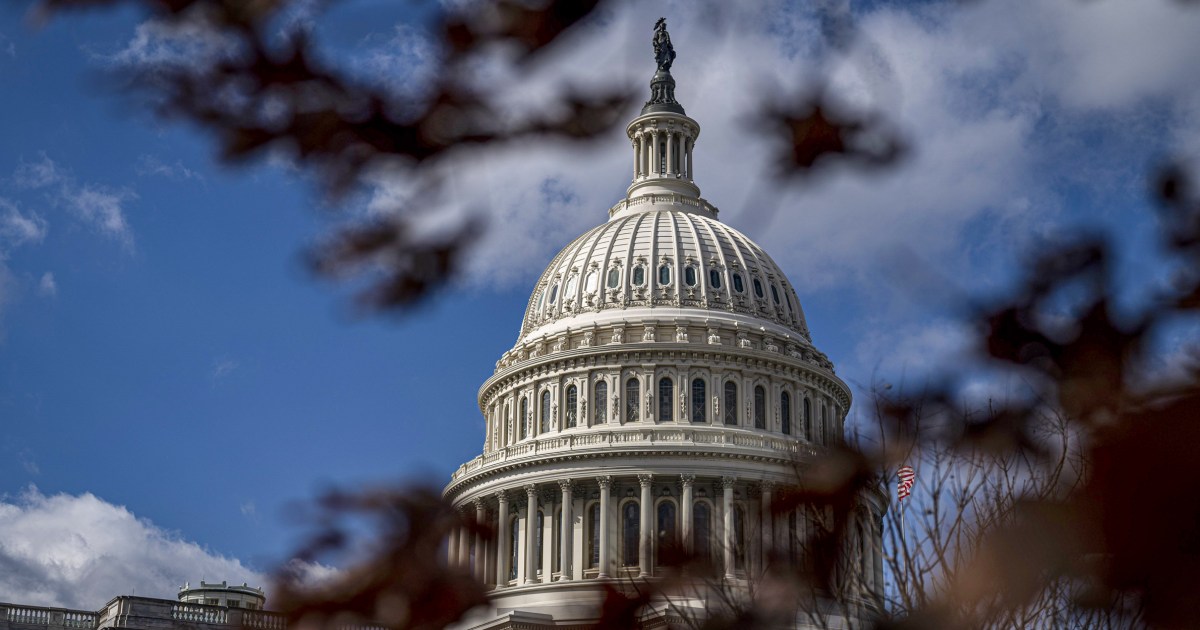The Impact of Foreign Aid Cuts on Young Public Servants
President Donald Trump’s initiative to shut down the U.S. Agency for International Development (USAID) is creating career uncertainty for many young professionals who entered public service seeking stable careers.
Krisna Patel, a 23-year-old who recently earned her master’s in public health, found herself filing for unemployment after being laid off from a USAID-funded program just four months into her job. She expressed her shock, stating, “You never expect that to happen to you, especially because you’re told the federal government is safe and that you have job security and great benefits.”
Layoffs and Job Security Concerns
Due to a 90-day pause on foreign assistance funding, many full-time contractors at USAID have faced layoffs. This pause was introduced to assess program efficiency and alignment with U.S. foreign policy. As a result, thousands of staffers were put on administrative leave, and while a federal judge temporarily halted some actions, the damage was already done for many workers.
Rowan Travis, another young public servant, shared his experience of being laid off from the State Department, where he worked as a foreign assistance coordinator. He had recently secured a direct hire offer but lost it due to a federal hiring freeze initiated by Trump. Travis described his final day as “awful,” highlighting the emotional toll of being escorted out of his office.
The Shift Towards Private Sector Jobs
Many young professionals, like Patel and Travis, are now pivoting towards the private sector in search of job stability. The Economic Policy Institute reports that government employees typically earn 17.6% less than their private-sector counterparts, which adds to the financial burden faced by these workers during layoffs.
Zack Forrester, who recently landed a job at Irex, a D.C.-based NGO, expressed his dismay at the rapid cuts in the sector. “This industry took decades to get established and now, in less than a week, it’s just been obliterated,” he lamented.
The Emotional Toll of Uncertainty
As the landscape of government jobs shifts, many are left feeling angry and uncertain about their futures. Randy Chester, vice president of the American Foreign Service Association, predicts that many young professionals will leave federal work for private opportunities, which could disrupt the public sector talent pipeline.
Aidan Rowe, a former employee helping refugees, echoed these sentiments, stating, “Everyone that I know in this space is angry, and I would say that’s an understatement.”
Despite the challenges, these young professionals remain determined to continue their work in humanitarian efforts, underscoring the importance of their contributions to society.





Comments
Join Our Community
Sign up to share your thoughts, engage with others, and become part of our growing community.
No comments yet
Be the first to share your thoughts and start the conversation!